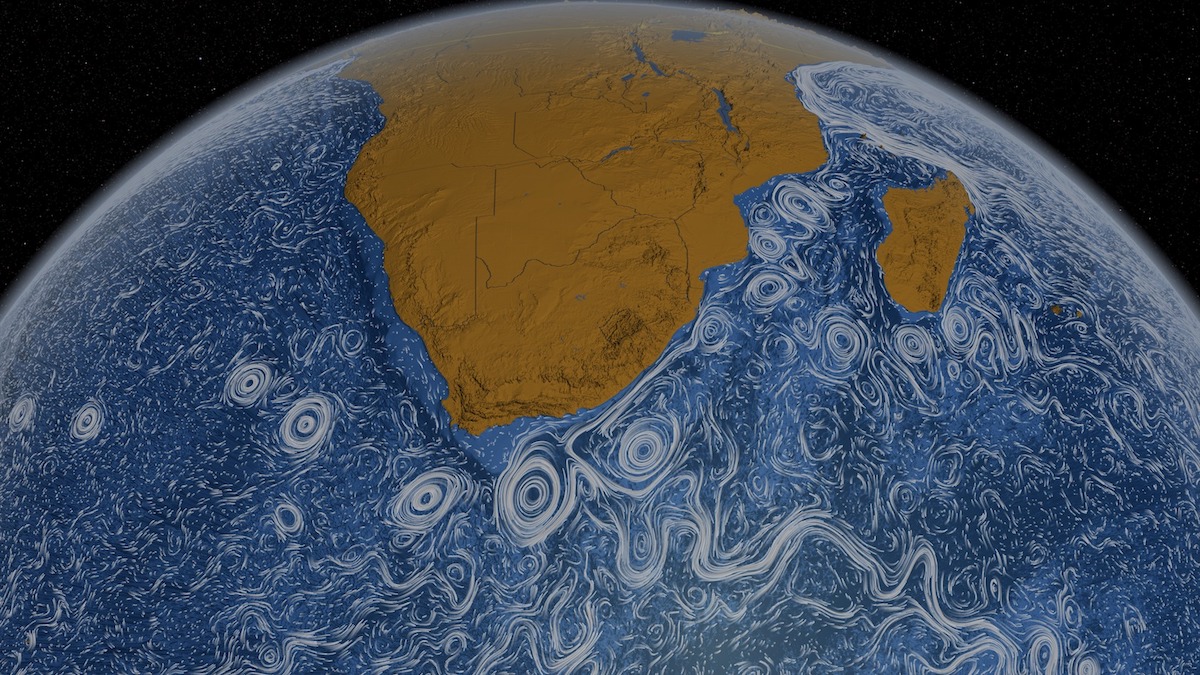-
Research brief: How tropical Indo-Pacific processes drive ocean heat into Atlantic meridional circulation

Solar heating of surface waters in the tropical Indian and Pacific oceans, along with turbulent mixing that moves this heat into the colder deep-reaching Atlantic meridional overturning circulation, play a crucial role in shaping oceanic heat transport pathways
-
Research brief: Convective extremes don’t always coincide with warm extremes during El Niños
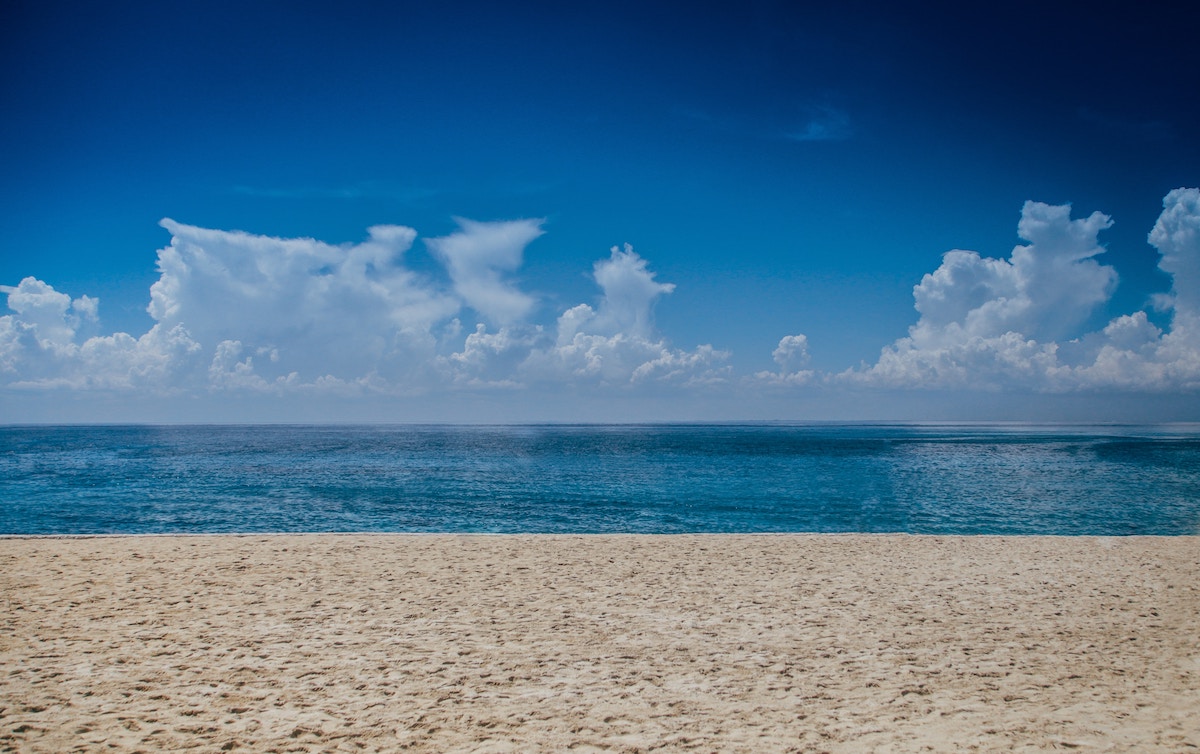
This study found in CMIP5 models that are able to simulate both types of events, that convective extremes do not always coincide with warm extremes. The disassociation becomes more distinct under greenhouse warming with higher occurrences of convective extremes than warm extremes.
-
Research brief: Southern Ocean vortices are changing

The energy of vortices in the Southern Ocean has increased over the past two decades due to an increase in the mean amplitude of the vortices rather than an increase in their number.
-
Research brief: Inexpensive innovation improves Ensemble Kalman filter

A known weakness of the Ensemble Kalman filter approach is that its ability to provide state estimates that closely match densely distributed observations is very limited. This paper describes a computationally inexpensive innovative variation on the technique that greatly ameliorates this difficulty.
-
Record warm temperatures above Antarctica likely to bring hot and dry extremes to Australia
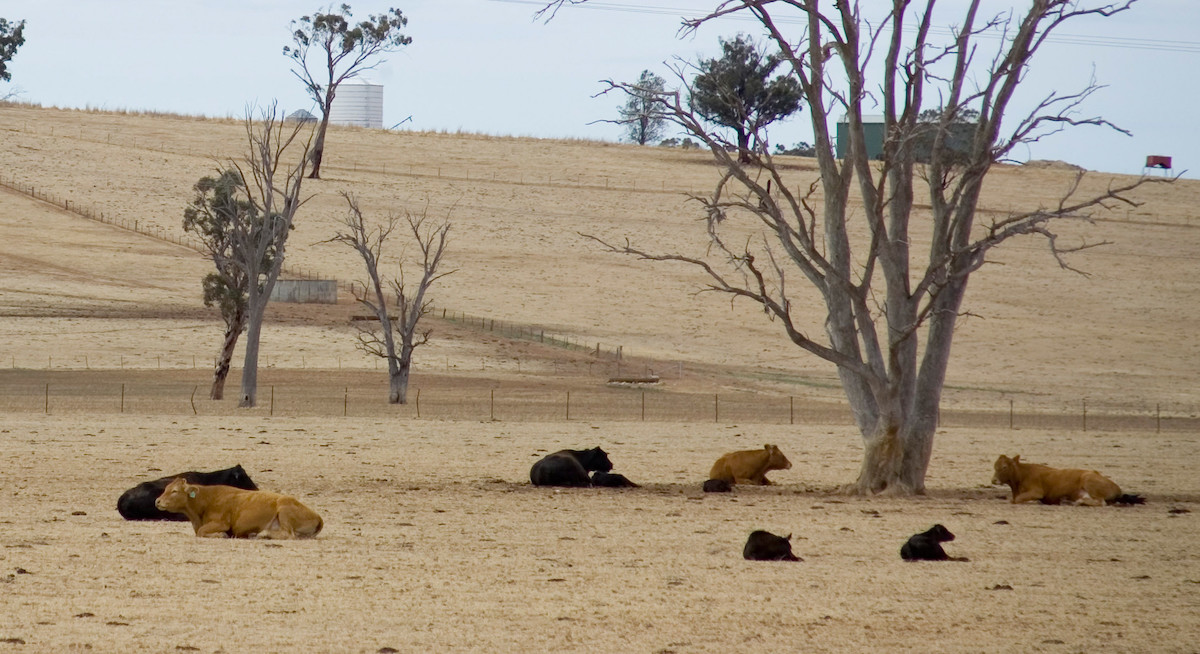
A new study with Centre of Excellence researchers warns that changes in springtime winds high above the South Pole could trigger higher than usual heat waves and fire-prone weather conditions in Australia.
-
Research brief: Rescuing centuries-old meteorological measurements
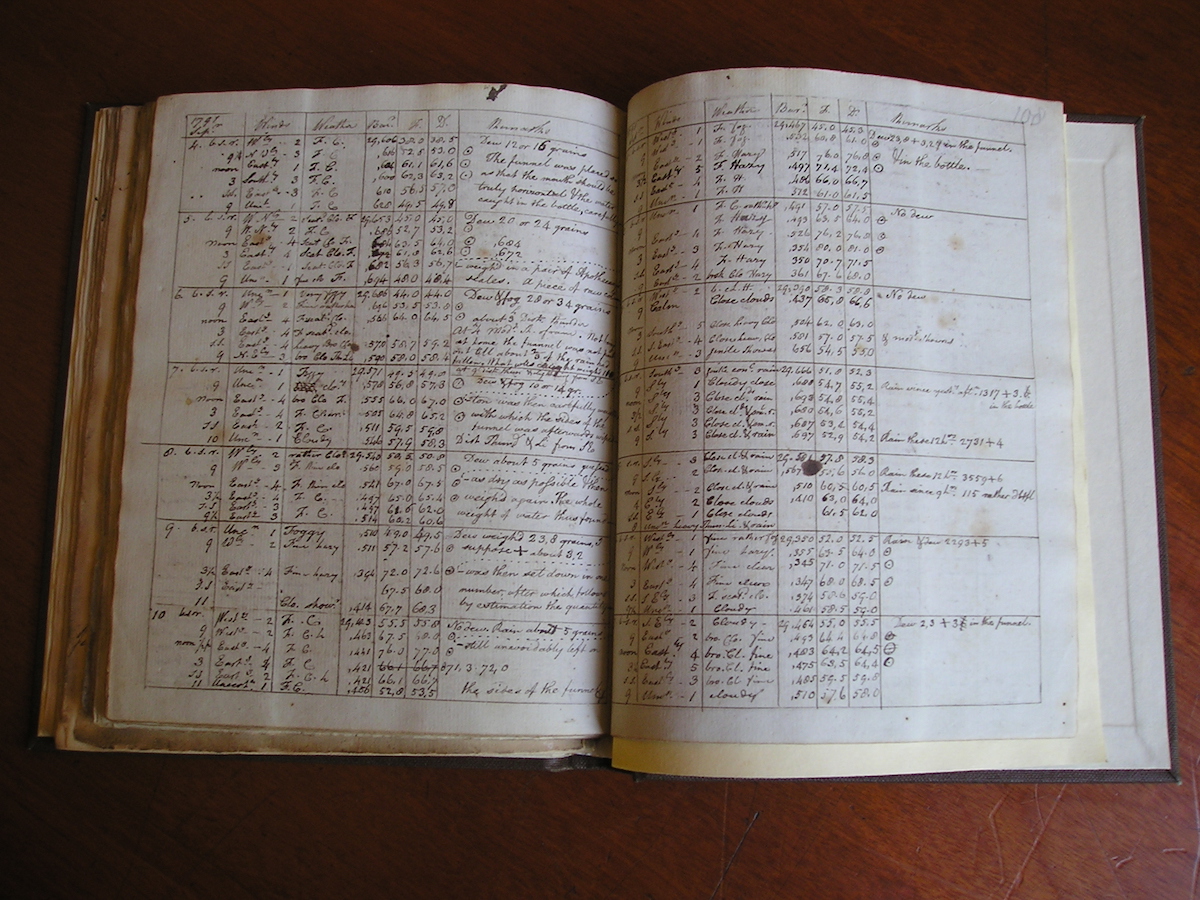
This paper documents the efforts of the international weather data rescue initiative ACRE, the International Surface Temperature Initiative and researchers that took part in workshops held in Bern, Switzerland, in June 2018 to rescue and digitize meteorological measurements taken prior to 1850 from around the world.
-
Safeguarding the world’s largest tuna fishery
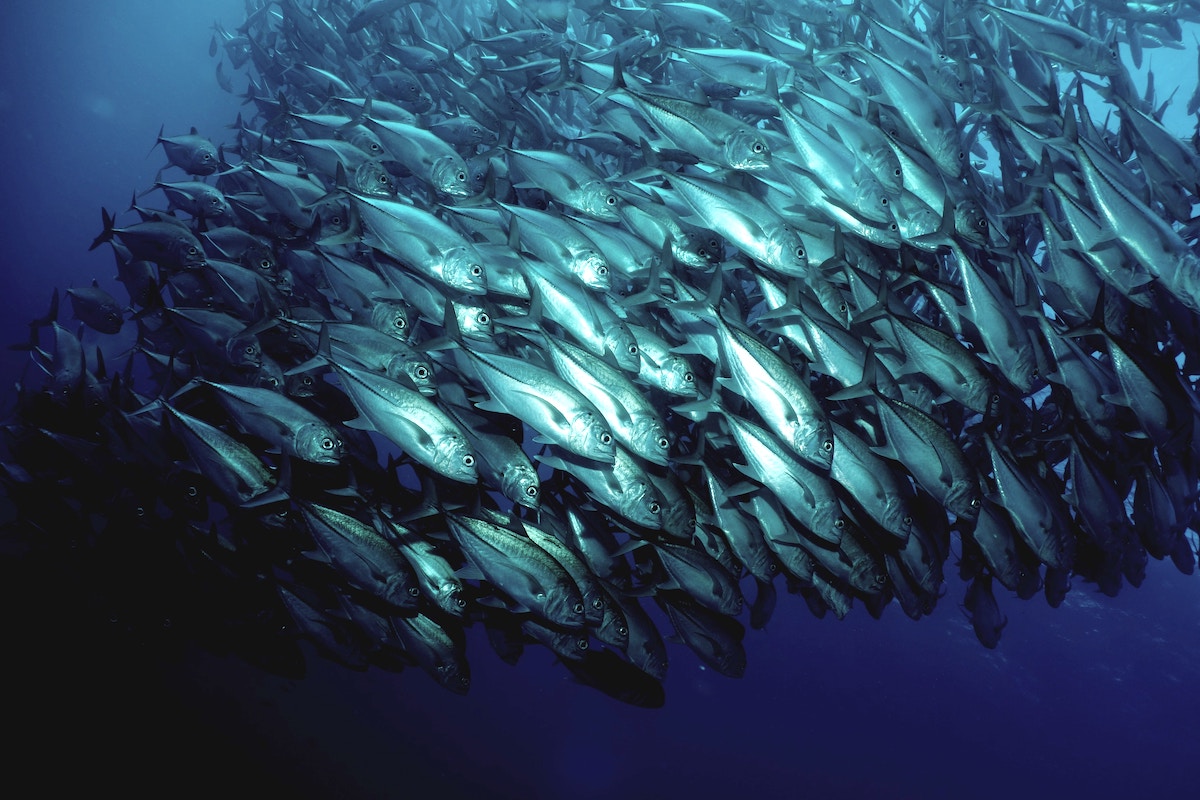
New research has used a combination of records from captains and scientific observers, FAD tracking data, ocean models and cutting edge simulation methods to reveal for the first time the trajectories and potential impact FADs may have on fisheries around Pacific island nations.
-
Research brief: How heat in the Indian Ocean moves between the ocean and atmosphere

In this study, CLEX researchers use two years of measurements from a flux mooring combined with satellite data and model outputs to understand the seasonal changes in air‐sea fluxes and the role of ocean currents in controlling ocean surface temperatures in the southeast Indian Ocean.
-
Research brief: Wind changes over the Southern Ocean impact its capacity to take up carbon and heat
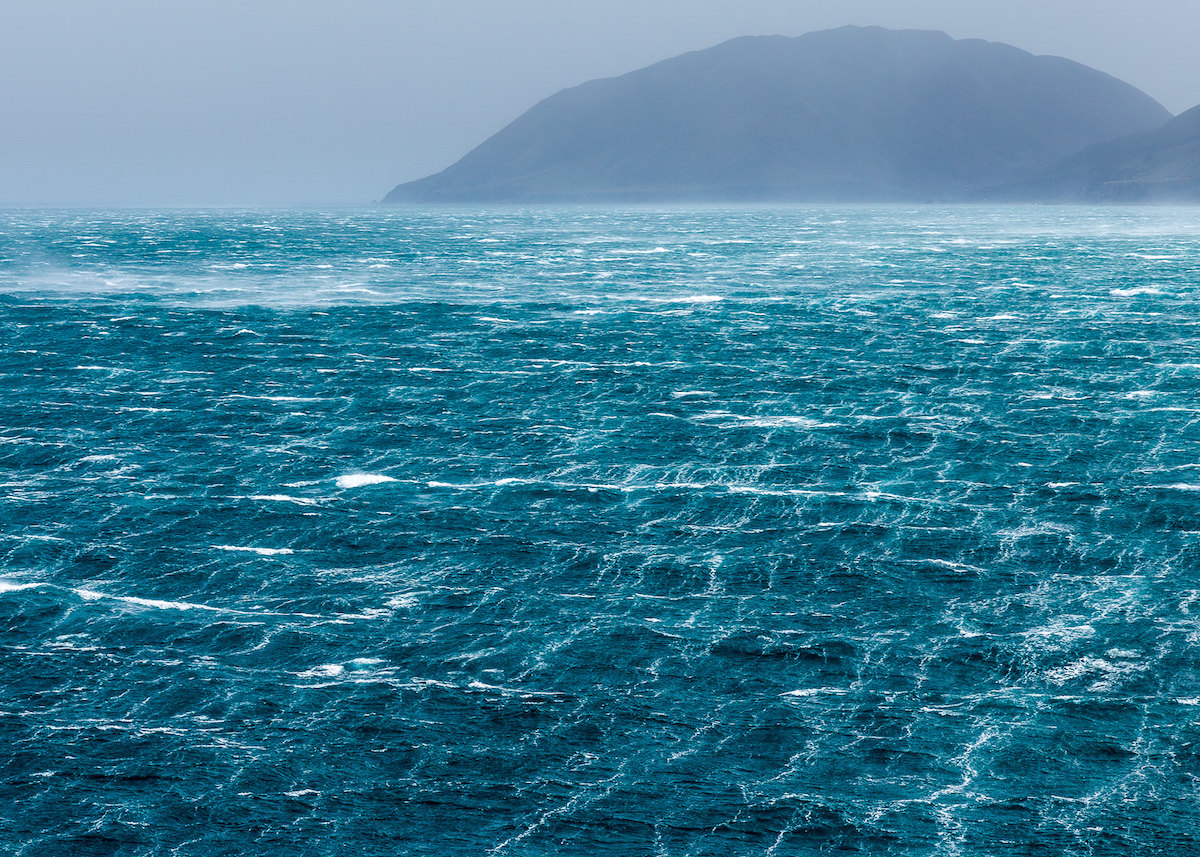
CLEX researchers and colleagues examined the movement of surface water into the depths of the ocean in response to these wind changes using a global ocean model.

